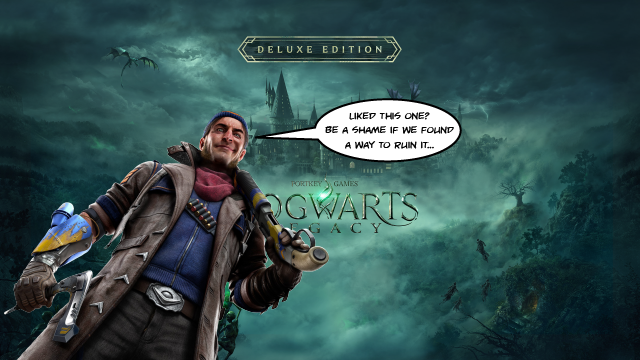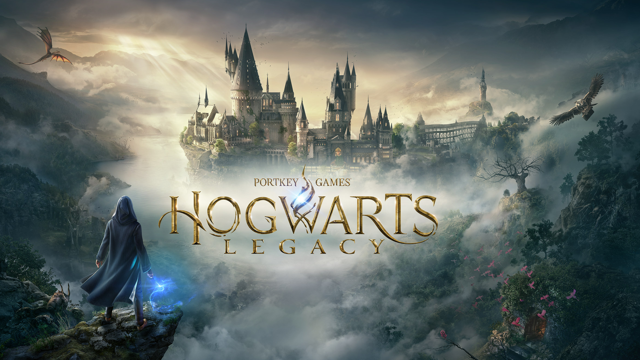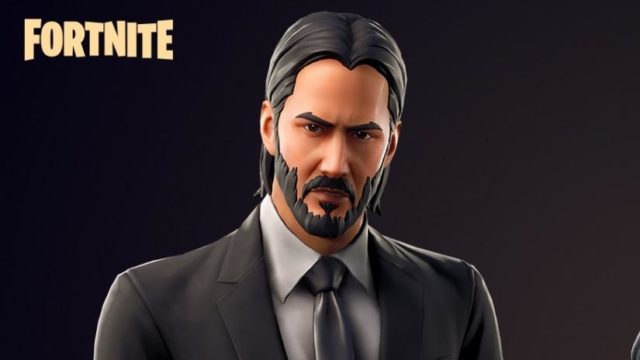If insanity is doing the same thing over and over but expecting a different outcome, then what should we call what Warner Bros. has planned for its future video games? Although it isn’t necessarily news that WB wants to focus on making live service games given the company stated as much back in November, one might think that following the failure of Suicide Squad: Kill the Justice League (a live service game) the company might be rethinking its strategy moving forward. Particularly given that Hogwarts Legacy, a single-player experience, was an enormous hit for WB. Indeed, it was the best-selling game of 2023—wouldn’t it be wiser to want more of that and less of the other?
Single-player game: a hit!
Live service title: a flop!
WB: give us more of the flop!
Alas, the success of Hogwarts Legacy seems to have taught WB all the wrong lessons. Speaking during the recent Morgan Stanley conference, WB Discovery gaming boss J.B. Perrette stated the following:
“Rather than just launching a one-and-done console game, how do we develop a game around, for example, a Hogwarts Legacy or Harry Potter, that is a live-service where people can live and work and build and play in that world in an ongoing basis?”
WB wants to move away from “one-and-done console [games],” believing that Suicide Squad fell flat not because it’s a live service game, but rather because the game at the core of that experience wasn’t up to snuff. And in fairness, a great deal of fan outrage over Suicide Squad has been centered on the game’s tone deaf writing, which treats the Justice League characters with immense disrespect, and gameplay that some have boiled down to “shoot stuff, and if that doesn’t work, shoot a special bullet first and then shoot some more.”
If live service features had been incorporated into Hogwarts Legacy, it’s possible that the game would have had prolonged staying power among players. After all, Hogwarts Legacy offered both an engaging narrative and fun controls, all while respecting its source material and the audience in a way that Suicide Squad did not. So, while it might seem a bit odd that Perrette and WB would want to go for more live service in future games, this appears to be the logic behind it.
Still, I think it’s fair to say that players are growing pretty tired of the endless digital panhandling that game studios and publishers are so currently enamored with. What began with 500 Microsoft Points to purchase cosmetic horse armor in Oblivion back in the day has morphed into elaborate multi-million dollar monetization schemes where content is perpetually released piecemeal. Games as veneer over a virtual marketplace with endless pleas to open your wallets and fork over more cash for everything from story campaigns to digital pants.
Yes, DLC isn’t going anywhere, and yes, it can serve its purpose without feeling like a total ripoff. At the same time, there is such a thing as going too far, and for many the industry’s lack of discretion is wearing thin. They’re leaning too hard into this fantasy of harvesting endless golden eggs without needing any geese to lay them in the first place. The consumer is constantly being asked to hand over more while studios provide less. All while laying off staffers in droves even during times of success.
And while we could certainly hem and haw over concepts of right and wrong here, I’m just at a point as someone who’s still every bit as much a customer as he is a pundit that I’d rather instead state that I’m tired of this nonsense. I don’t want the debate. I’m over the debate. I can admit that some live service games work for what they are. Fortnite and Rocket League, for instance, are an excellent example of how to do live service well. The problem is that all these executives at companies like WB are so obsessed with trying to recreate the success of Fortnite and Rocket League without a care for what actually makes those games work, without a care for giving consumers any legitimate value for their money.
This all ties into what Philippe Tremblay, the director of subscriptions at Ubisoft, said earlier this year about “feeling comfortable with not owning your game.” It’s about forcing gamers to relinquish ownership and instead constantly pay for the privilege to to play. To convince them that this is actually the better experience—even though it really isn’t. Games as a service? More like games as a disservice. Whether it’s monthly rental fees (aka subscriptions) or a relentless stream of microtransactions and DLC, studios and publishers want to take everything you love and monetize it down to the studs in the wall.
And all I can do is say, like I’ve said and will continue to say, don’t let them. Tell them to get lost. Reject games that try to treat you like an ATM machine.
Or just consume New Product until Next Product arrives, rinse and repeat.




 ShareThis
ShareThis










“The market decides” is a terrible factor to saddle works of art with. But then, these layoff-factory studios want to sell services, not art. Hogwarts sparked the imagination as a literal novel setting, not by being “content” for middlemen to package.
Luckily, creators need to create, even if that’s not where the forever-profits are. And lo and behold, players love actual creators, so profits often follow anyway. We get indies making wild gems like Vampire Survivors, big companies with enthusiast sensibilities making vast gems like Baldur’s Gate 3, and good ol’ Nintendo, annoyingly dabbling in services while still crafting the standalone drawers-full-of-playgrounds they’re known for.
…And Ubi: if purchasing isn’t ownership, then piracy isn’t theft. You cannot have our cake and eat it too.